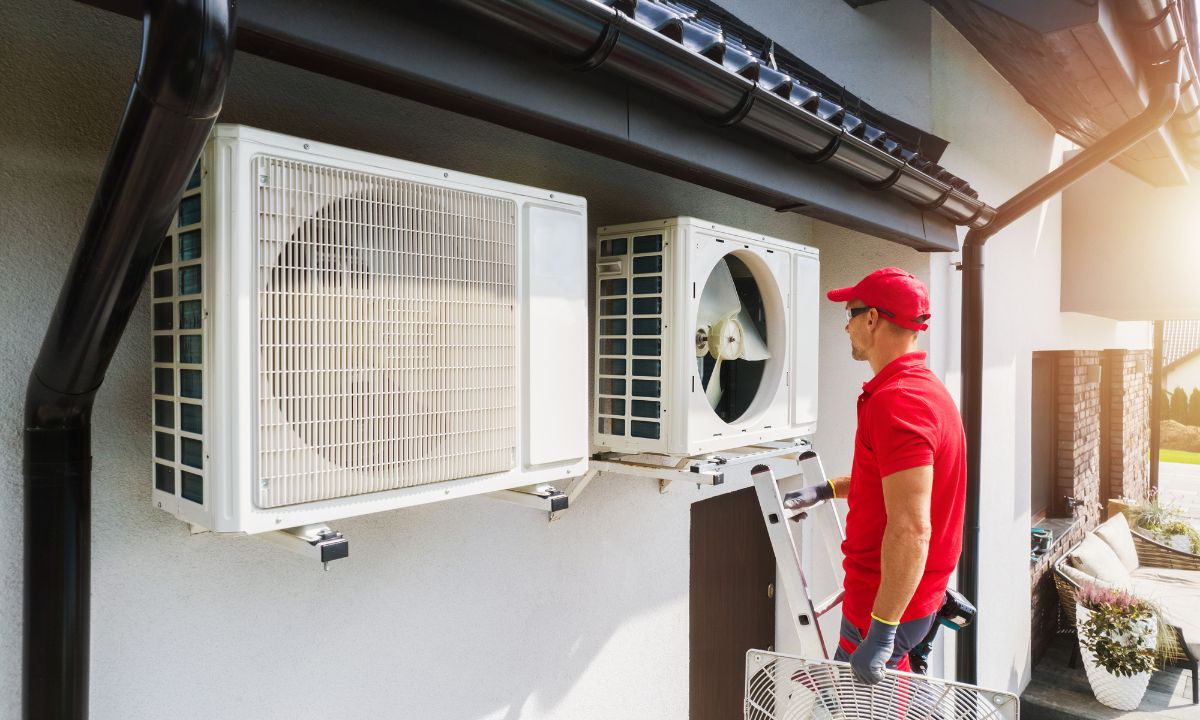Why Regular Home Maintenance Is More Than Just a Chore
 Owning a home is huge and one of the most valuable investments many of us will ever make. Like any valuable asset, your home requires care and upkeep to ensure it stays in great condition, retains value, and remains a safe, comfortable haven.
Owning a home is huge and one of the most valuable investments many of us will ever make. Like any valuable asset, your home requires care and upkeep to ensure it stays in great condition, retains value, and remains a safe, comfortable haven.
Here’s why making regular home maintenance a priority pays off in the long run:
1. Preserve Property Value
A well-maintained home can significantly enhance curb appeal and preserve, or even increase, property value. Regular upkeep such as painting the exterior, maintaining landscaping, and fixing minor issues as they arise helps prevent wear and tear. If you ever decide to sell, a home in great condition can command a higher market price and attract more interested buyers.
2. Avoid Costly Repairs
Regular home maintenance can prevent small problems from escalating into expensive repairs. For instance, addressing minor leaks early can help you avoid costly water damage, while keeping gutters clean can prevent structural damage to your foundation. Routine inspections of key systems such as your roof, HVAC, plumbing, and electrical can catch potential issues before they become major headaches, saving you both stress and money in the long run.
3. Ensure Safety and Comfort
A safe and comfortable home is a happy home. Tasks like checking smoke detectors and carbon monoxide alarms, inspecting electrical systems for hazards, and maintaining your heating and cooling systems are critical to your family’s safety. In addition, regular maintenance helps ensure that your home remains a comfortable place to live, whether it’s by keeping temperatures stable, addressing drafts, or making sure key systems are functioning properly.
4. Improve Energy Efficiency
Energy efficiency not only helps reduce utility bills but also minimizes your environmental footprint. Simple maintenance tasks like replacing air filters, sealing gaps around windows and doors, and keeping your HVAC system in top shape can lower energy consumption. Regularly servicing your appliances ensures that they operate at peak efficiency, keeping your home comfortable while saving you money month after month.
5. Extend the Lifespan of Home Systems
Everything from your HVAC system and appliances to your roof and plumbing has a finite lifespan. However, with regular maintenance, you can significantly extend the life of these systems. Proper care, like cleaning and servicing, reduces wear and tear and minimizes the chance of unexpected breakdowns. This means fewer replacement costs and more years of use of your home’s systems and appliances.
Regular home maintenance is an investment in your home’s future, safeguarding its value and your comfort. By proactively taking care of small tasks and addressing issues early, you can save money, enhance your quality of life, and protect the longevity of your home systems. Embrace maintenance as a means of preserving and enhancing one of your greatest investments.
 Investing in your home by remodeling or renovating is an excellent way to increase its value. However, a significant renovation project can quickly turn into a disaster, especially for those who are inexperienced. Let’s take a look at four of the more common home renovation mistakes that homeowners make and how you can avoid them.
Investing in your home by remodeling or renovating is an excellent way to increase its value. However, a significant renovation project can quickly turn into a disaster, especially for those who are inexperienced. Let’s take a look at four of the more common home renovation mistakes that homeowners make and how you can avoid them. Home flipping – a journey that transforms neglected fixer-uppers into profitable investments. If you’re considering entering the real estate game or looking to enhance your flipping skills, you’ve come to the right place. Let’s explore some tried-and-true strategies that can help you turn those distressed properties into lucrative ventures.
Home flipping – a journey that transforms neglected fixer-uppers into profitable investments. If you’re considering entering the real estate game or looking to enhance your flipping skills, you’ve come to the right place. Let’s explore some tried-and-true strategies that can help you turn those distressed properties into lucrative ventures.